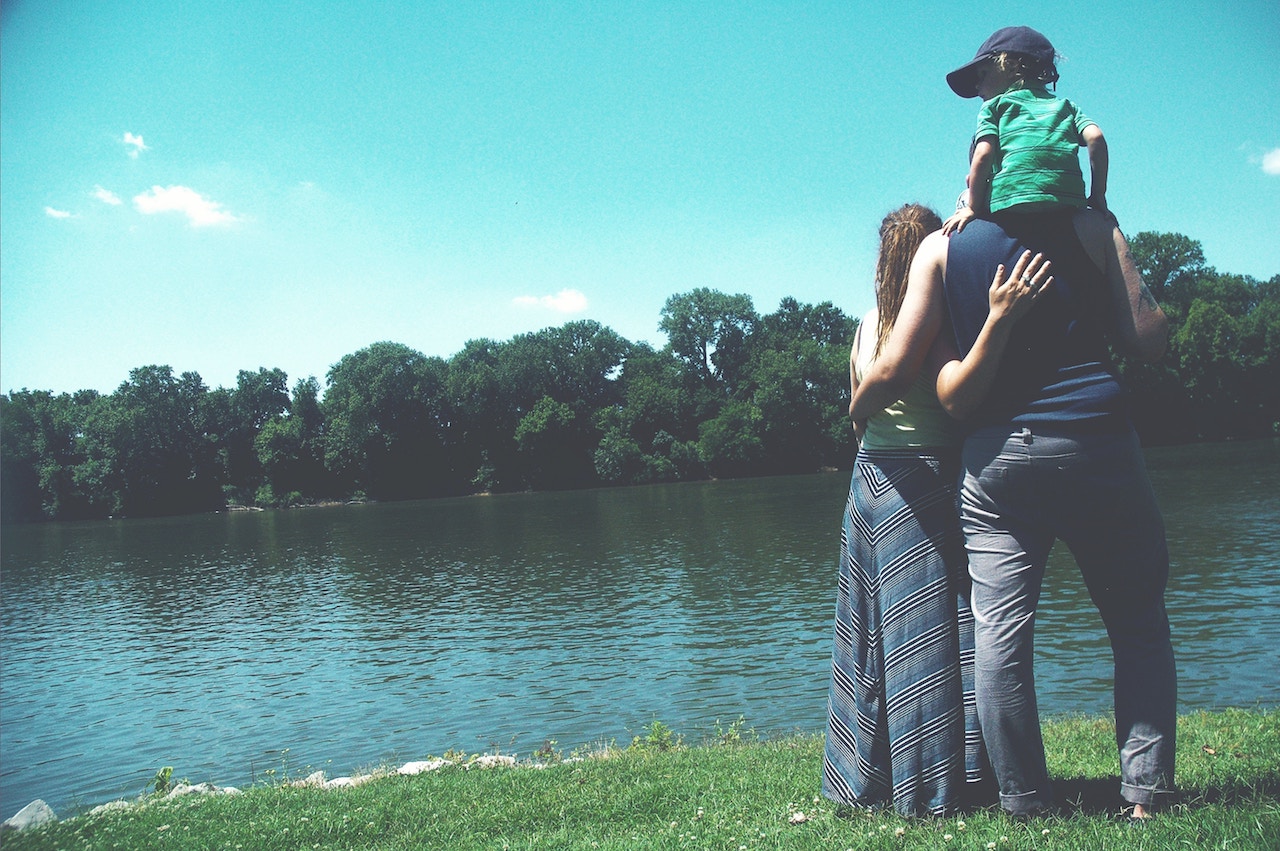Children of all ages, from toddlers to adolescents, can benefit from counseling.
Ultimately, child/adolescent therapy aims to help children work through their emotions, increase their capacity for self-regulation, and facilitate a secure attachment with their caregivers. The overarching goal for them to live normal healthy lives without the lasting effects of fear, confusion, anxiety, or trauma.
Many of the issues children face mimic the issues adults face in their day-to-day lives including stress, anxiety, depression, and grief. The aim of child therapy is to help children and their parents clearly understand the issues they are experiencing and/or the trauma that has occurred – in a way they can be processed and integrated.
When a child’s emotional and psychological distress are left untreated, it can negatively impact his/her educational aspirations, developmental milestones, and at times, can persist well into adulthood. All this being said, a child’s problems do not exist in a vacuum; they exist, and will likely need to be addressed, within the context of the family system (see below).
Family Therapy
Therapeutic issues rarely occur in a vacuum. They commonly require being addressed within a whole family system. With a family, everyone has some type of a role that contributes to a (dysfunctional) system.
We all start this life with a family, whether that family is composed of blood relatives, adopted parents, a close-knit neighborhood, or a foster family. This family that we acquire when we are born influences every aspect of our lives, from our first moments to our last.
Family therapy or family counseling is a form of treatment that is designed to address specific issues affecting the health and functioning of a family. It can be used to help a family through a difficult period, a major transition, or mental or in family members.
Family therapy views individuals’ problems in the context of the larger unit: the family “system.” The assumption of this type of therapy is that problems cannot be successfully addressed or solved without understanding the dynamics of the “system.”
Like all other forms of family therapy the specific technique used will vary according to your unique situation. Your therapist may work with different members of your family at different times. For example, your therapist may work with the coaching parents and separately work with their teenage daughter in an effort to create more health and safety within the family system. It may also be recommended that different parts of your family be shared between therapists to offer a greater container of support.
Additionally, we may work with different members of a family. For example, your therapist may work with coaching parents and separately working with their teenager in an effort to create more health and safety within the family system.
Alpine integrative Wellness is experienced with working out systems issues and roles within a family. Often, we will work with the entire family together. The easiest way to see an issue is to see it playing out in person, in real time.



